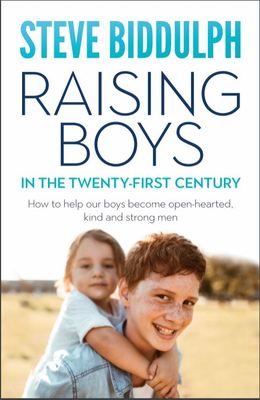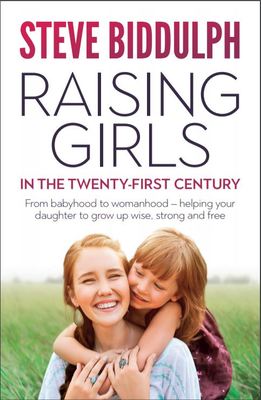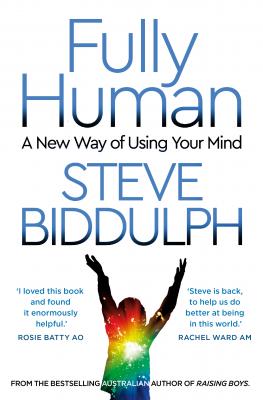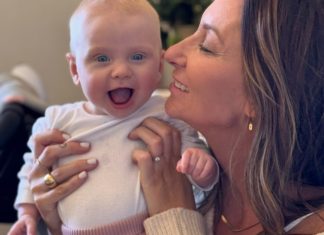
Girlhood is wonderful, but we need our ’weapons’ sharp, writes Steve Biddulph.
When we first learn that our baby-to-be is a girl, we have a flood of emotions. Joyful ones and, also sometimes, anxious ones. Because you can’t help but be aware that the world can be a very bad place for our daughters.
For most of my life as a psychologist, I was campaigning about raising boys.
But in the mid 2000s we began to notice something bad happening with the mental health of girls. Some of it was in the way girls’ lives had changed with social media and the huge emphasis on looks and general pressure to grow up too fast. Those were taking an enormous toll, and it started shockingly young.
But some of it was the old evils of a world that had always misused girls and women. Sexual predation, sexism and violence often terrify the parents of daughters as they move beyond our protective sphere.
In my talks on Raising Girls I tell the story of two girls – Kaycee and Genevieve. Kaycee is only 14 when she attends a party of one of her school friends, which has very poor supervision and lots of alcohol. A 17-year-old boy from her school persuades her to have sex with him in an upstairs bedroom. She then discovers that he has done it for a bet with his friends, and is crushed and humiliated. She tells no-one for many years.
Genevieve is more fortunate. She meets a boy at 16, and for many months has the beautiful time we all would want for our kids, knowing how special young love can be. But he begins to want to have sex, and she is wildly confused. Luckily she is close to her mum, which Kaycee was not. And so she tells her mum all about it. Her mum listens for a long time as she pours out her feelings.
Then she does something rather wise and amazing. She says “sometimes our body knows what is right for us, even when our brain is mixed up. Our body sends us signals”. Instantly Genevieve can relate to this – “You’re right – I love being with him, but when he comes on too strong, I feel squashed and uncomfortable. I don’t want to rush into having sex”.
When I tell this story to an audience, the women in the room visibly nod their heads. They know what I mean – our bodies do know what is right for us. Whether that is a ’yes’ or a ’no’.
In a new book I have just finished writing, called Fully Human, I go deeper into this idea, from the latest neuroscience, that we have physical signals – a kind of ’supersense’ even further down than our emotions, which knows when we are safe or in danger.
It is our deepest self, below all the conditioning which girls receive to be polite and agreeable and think of other people’s feelings first. It says ’yes’ or ’no’ to everything around us. One friend of mine in her 40s had suffered from a migraine every week since she married, and then one day discovered that her husband had been having an affair all those years. She booted him out of her life, and the migraines ended and have never come back. Somewhere inside her ’knew’.
Neuroscience shows we all have this ’intuition’ but mostly don’t listen to it.
Our body knows what is right for us. We have to change the way boys and men treat girls and women but, in the world as it is now, hearing inner signals is a powerful weapon that you can encourage your daughter to sharpen. And you can do it at any age.











